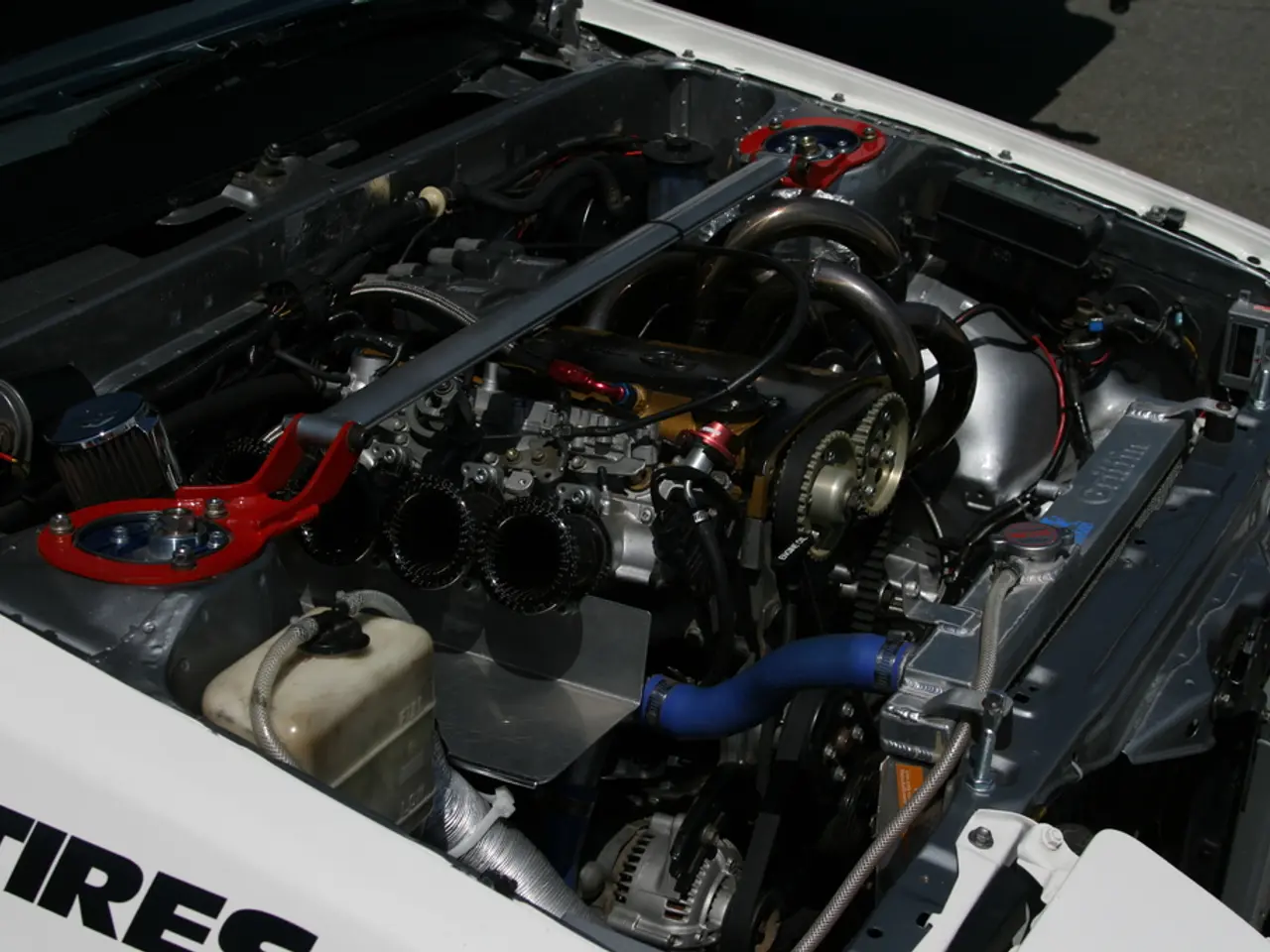Catastrophic Battery Failure Signaled as "Grave"
The world of electric vehicle manufacturing is witnessing a significant shift, and Germany finds itself at a crossroads in the race for battery cell production. Professor Heiner Heimes, a member of the management board of the Production Engineering of E-Mobility Components (PEM) chair at RWTH Aachen University, has raised concerns about the strategy of German car manufacturers buying cells from Asia.
Heimes suggests that relying on Asian suppliers could lead to problems if these suppliers significantly increase prices. This concern is not unfounded, as the battery cell price is compared to the oil price of the 21st century due to potential political dependence.
Chinese manufacturers, in particular, are using cheap cell prices to prevent competition in cell production in Europe. This strategic move has led to economic difficulties for battery manufacturers like Northvolt, Varta, Custom Cells, and Porsche's subsidiary Cellforce, who have encountered economic difficulties or filed for insolvency within a year.
The production of battery cells in Germany is not taking off, with most attempts at larger, independent cell production failing, apart from VW's subsidiary Power Co in Salzgitter. The extreme complexity of cell production and intense price competition from Asian, especially Chinese, producers who offer battery cells at dumping prices make it challenging for German companies to compete.
Heimes is of the opinion that the idea of German companies catching up by going straight to solid-state batteries without addressing lithium-ion batteries is not feasible. Instead, he emphasises the strategic value of battery cell production and the need for intense investment and support from politics.
Moreover, Heimes is concerned about Asian companies investing in Europe without knowledge transfer to the European industry. He believes that Europe, specifically Germany, can catch up to the knowledge advantage China has in battery production, but it requires focused efforts and strategic investments.
The federal government's support for companies like Northvolt is not misplaced, as a lack of cell production in Europe will also pose challenges to the recycling industry. The dependence on Asian companies for battery cells could be critical for industries beyond the automotive sector.
In a positive note, the increase in students studying battery production at RWTH Aachen University followed Power Co's announcement of battery cell production for Volkswagen in Salzgitter. This indicates a growing interest in the field, which is crucial for Germany's future in battery production.
However, the road ahead is not easy. Large engineering companies like Manz and Coatema Coating Machinery are also affected, with some shutting down operations or filing for insolvency due to the complexity of cell production.
In conclusion, the strategic value of battery cell production cannot be overlooked. Heimes urges intense investment and support from politics to ensure Germany maintains its competitive edge in the electric vehicle market and avoids a new dependency that cannot be undone later.




